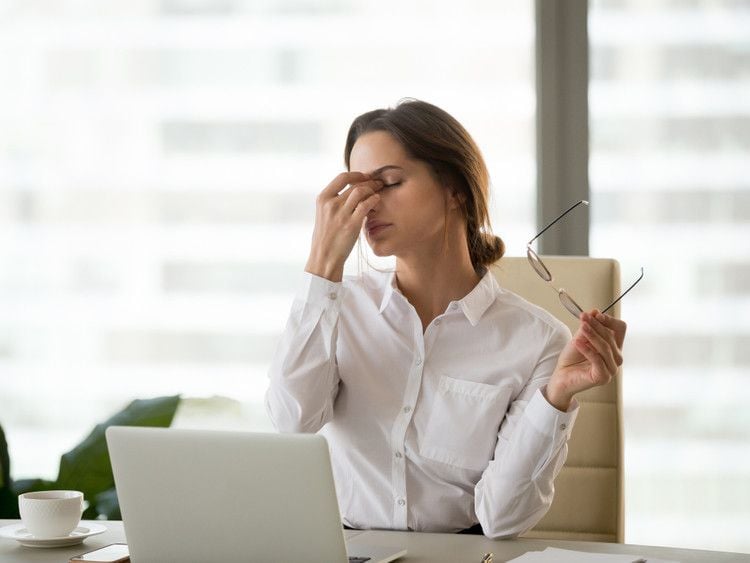The joy is overwhelming when the migraine’s characteristic throbbing eventually goes away. However, for several people who suffer from these potentially crippling headaches on a regular basis, their suffering doesn’t end merely because the pain subsides. Instead, they experience the postdrome, a unique stage of migraine that causes symptoms that are uncannily similar to those of another condition.
A study published in Neurology indicates that the constellation of post-migraine symptoms called the “migraine hangover” is common after around 80% of migraine attacks. Graham Headache Centre at Brigham and Women’s Faulkner Hospital’s clinical director Dr. Paul Rizzoli said that researchers are paying more attention to this previously underappreciated aspect of migraine.
Dr. Rizzoli explained, “Not knowing it’s an accepted part of migraine, patients come up with some creative ways to tell us about their postdrome symptoms — they feel washed out, their head feels hollow, or they feel like they have a hangover but weren’t even drinking. Until recent years, science hadn’t paid attention to this facet of the syndrome, but it’s a natural progression from focusing on the problem as a whole.”
Phases of migraine
The ordinary migraine may be a terrible sensation, with symptoms including severe light sensitivity, nausea, cognitive fog, and acute head pain. Almost 16% of Americans reportedly suffer from migraines, with women more affected than men.
Migraine headaches can have four distinct phases and last for hours or even days. Pre-pain prodrome and aura symptoms include visual alterations, acute irritation, speech trouble, numbness and tingling, and the sensation that a drill is penetrating your head.
How to ease migraine hangover
To manage the lingering symptoms after a migraine, you should drink a lot of water, lighten your load after the pain subsides, practice headache hygiene by eating regularly and maintaining sleeping patterns, and stop taking pain medication once the headache pain is gone.
Physicians occasionally prescribe drugs generally designated for illnesses like memory loss, anxiety, or seizures for migraine headache sufferers who are so disturbed by their incapacity to return to regular activities even after the discomfort from the migraine has subsided.


